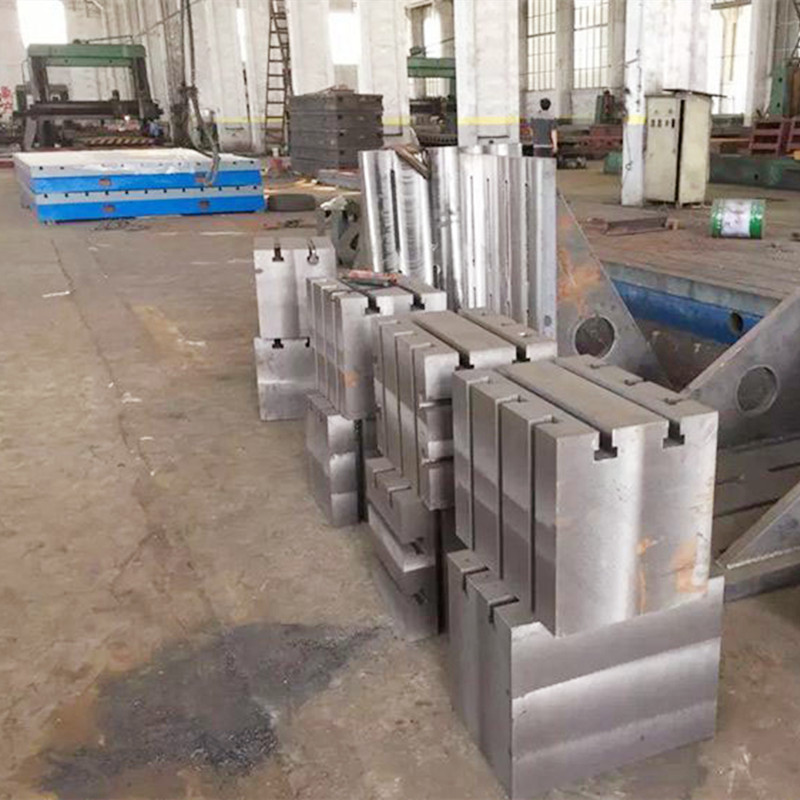Jul . 25, 2024 04:36 Back to list
Understanding the Functionality and Applications of Globe Valves in Control Systems
Globe Valve Control An Essential Component in Fluid Management
In various industrial applications, the proper control of fluid flow is critical for efficient operations. Among the numerous types of valves available, globe valves stand out for their effectiveness in controlling flow rates and pressures. Their unique design enables precise adjustments, making them a fundamental component in numerous systems, including water treatment, oil and gas, and chemical processing.
What is a Globe Valve?
A globe valve is named for its spherical body shape, which differentiates it from other valve types like gate or ball valves. Typically constructed from materials like stainless steel, brass, or PVC, globe valves feature a movable disk or plug element and a stationary ring seat. This design allows for easy variation of flow through the valve by lifting or lowering the disk, providing superior throttling capabilities.
Advantages of Globe Valves
One of the most significant advantages of globe valves is their excellent flow regulation capability. Unlike gate valves that are either fully open or closed, globe valves can be used to adjust flow increments, making them ideal for applications where fine control is necessary. Additionally, their design minimizes turbulence and allows for a smoother fluid path, which can reduce wear and prolong the valve's lifespan.
Another notable benefit of globe valves is their suitability for high-pressure applications. Their robust construction and effective sealing mechanism ensure that they can handle substantial pressure without leaking. This attribute makes them popular in industries that require the transportation of fluids at high pressure.
Applications of Globe Valve Control Valves
globe valve control valve

Globe valves are utilized across various sectors, showcasing their versatility. In power plants, for instance, they are employed in steam lines to control the flow of steam to turbines, enabling efficient energy generation. Similarly, in water treatment facilities, globe valves help manage the flow of chemicals used in the purification process.
In the oil and gas industry, globe valves play a critical role in controlling the flow of crude oil and natural gas through pipelines. Their ability to withstand high pressures and prevent leaks is essential for maintaining safety and operational efficiency in such volatile environments. Additionally, in the chemical manufacturing sector, globe valves regulate the flow of hazardous chemicals, ensuring safe handling and precise dosing.
Installation and Maintenance
Proper installation and maintenance of globe valves are crucial to their performance and longevity. It is essential to install valves in the correct orientation and to ensure that they are appropriately aligned with the piping system. Regular inspections should be conducted to examine for signs of wear, corrosion, or leakage.
Maintenance practices may include cleaning, lubricating, and replacing worn-out parts. It is also recommended to periodically test the valve operation to confirm that it is functioning correctly and efficiently.
Conclusion
In summary, globe valves are an indispensable part of fluid management systems across multiple industries. Their ability to regulate flow, withstand high pressures, and maintain durability under challenging conditions makes them a favorite among engineers and operators. As industries continue to evolve and demand more sophisticated control technologies, the importance of effective valve solutions will only grow. Investing in high-quality globe valves and adhering to best practices for installation and maintenance will ensure optimal performance and reliability for years to come.
-
Water Valve Gate Design Prevents Leakage and CorrosionNewsJul.11,2025
-
Steel Fab Table Features Reinforced Construction for LongevityNewsJul.11,2025
-
Specialized Valve Designs for High Pressure SystemsNewsJul.11,2025
-
Machinist Gauge Pins Feature Ground and Lapped FinishesNewsJul.11,2025
-
Hose Check Valve Prevents Backflow in Irrigation LinesNewsJul.11,2025
-
Durable Micrometer Tools Withstand Heavy Workshop UseNewsJul.11,2025
Related PRODUCTS









